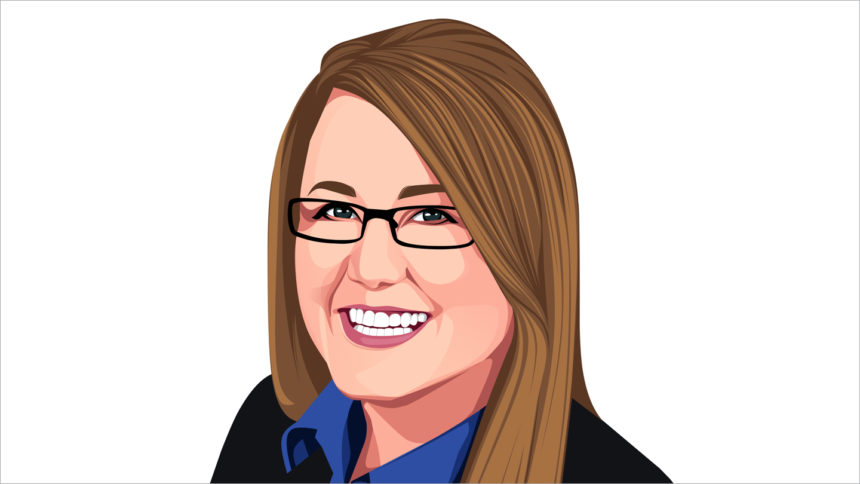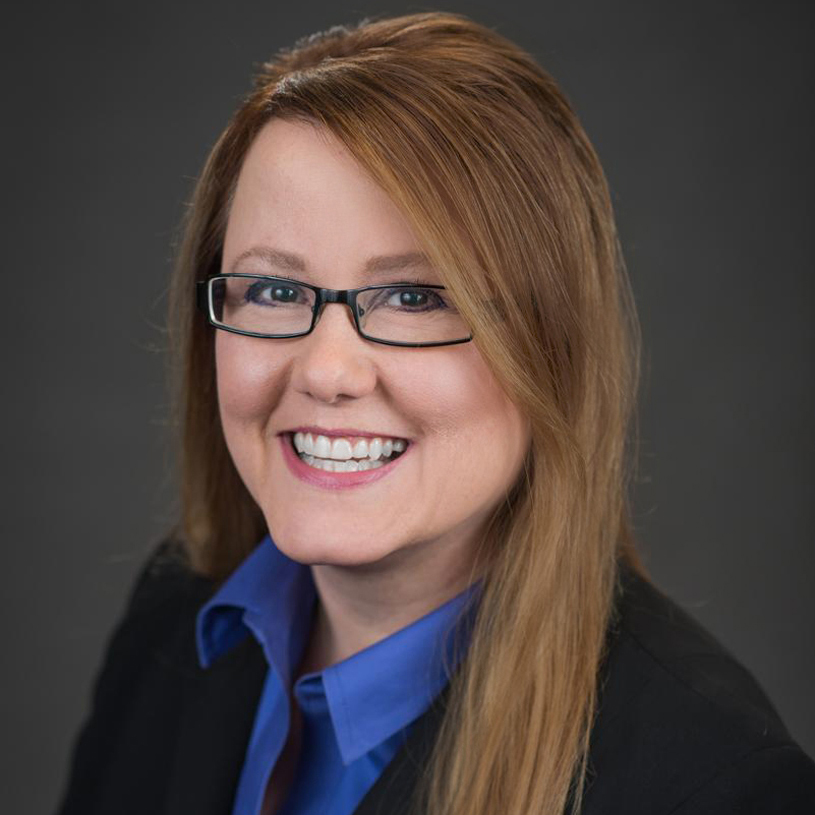

In the past, you may have been encouraged to use the term “silver wave” instead of “silver tsunami” to refer to the coming arrival of the oldest baby boomers to the age group typically seeking senior living options. Wave was put forth as a better term than tsunami, because tsunamis are destructive.
The Reframing Aging Initiative is taking things a step further as it advocates for the use of certain language regarding aging in hopes of improving the general public’s understanding of aging and the ways that older people contribute to society. The initiative is being led by the Gerontological Society of America on behalf of the Leaders of Aging Organizations collaborative, which includes LeadingAge, GSA and eight other groups.
Instead of “tidal wave,” “tsunami,” and similarly catastrophe-related terms to refer to the growing population of older adults, the initiative suggests “talking affirmatively about changing demographics,” for instance, saying, “As Americans live longer and healthier lives…” That’s just one of several examples the initiative provides in its materials, which go beyond language and include a guide with best practices, an overview brief, a “quick start guide” and several videos (here, here and here).
“We need to find better ways to talk about aging so that the public learns the whole story about aging, not just the incomplete version that focuses on dependence and decline,” RAI Program Manager Laurie G. Lindberg said in a statement. “Framing can make a difference in how people understand your message. Research shows that when these new frames are used, knowledge about aging increases, attitudes toward actions and solutions shift, and policy support for programs and funding grows.”
The new guide, “will advance more constructive and inclusive language about aging,” said RAI Project Director Patricia D’Antonio, vice president for policy and professional affairs at GSA. LeadingAge and the other LAO members are incorporating the language into their materials. Senior living operators may be interested in doing the same, for the benefit of residents and workers.
RAI’s materials offer food for thought to a group that can play a central role in reframing aging and reducing ageism at a time when formal diversity, equity and inclusion programs are becoming more common in senior living workplaces.
Lois A. Bowers is the editor of McKnight’s Senior Living. Read her other columns here.

